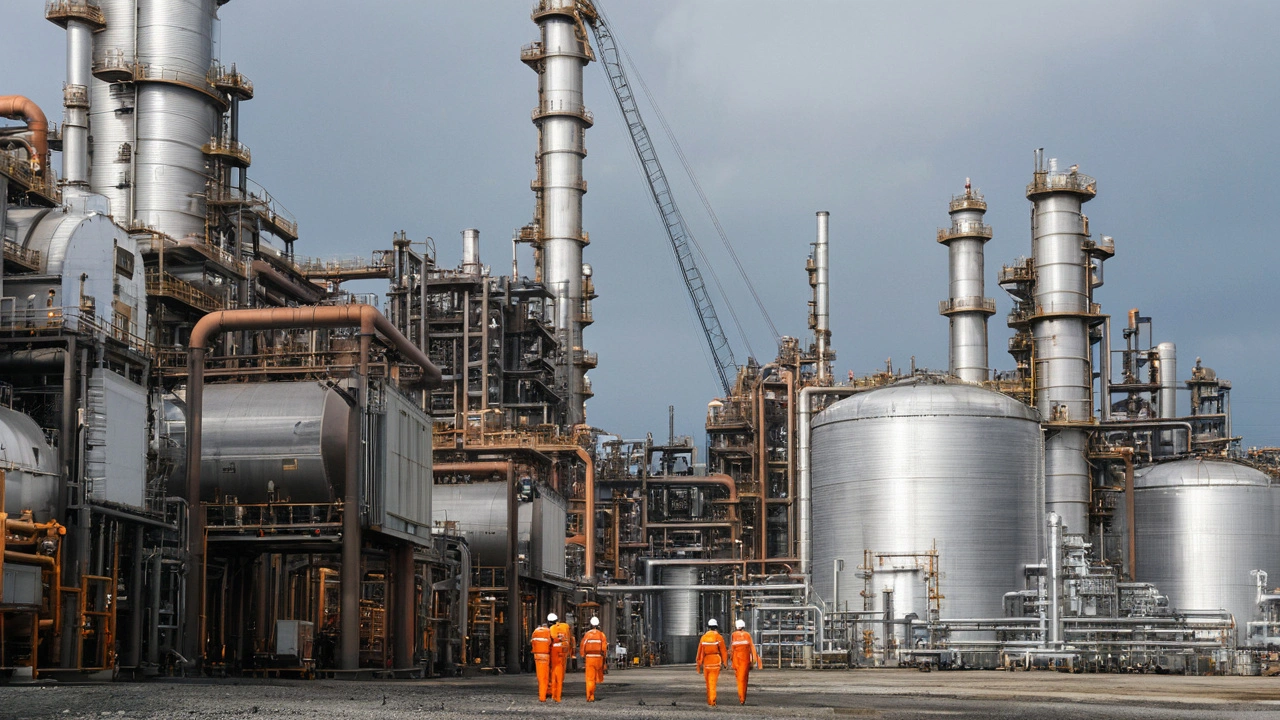Oil industry: what’s happening across Africa — prices, projects and politics
Oil still shapes daily life across Africa. From state budgets and big business to local jobs and street protests, moves in oil fields and boardrooms ripple into towns and markets. This tag pulls together the latest reports, investigations and market updates about production, pipelines, refineries, gas projects and the policy fights that follow.
Africa’s top producers — Nigeria, Angola, Algeria, Libya and Egypt — set the continent’s tone, while new gas frontiers in Mozambique and Tanzania redraw investment maps. We follow national oil companies, international majors, service contractors and local investors. Expect stories about drilling permits, project delays, deals and the local costs when spills or shutdowns hit communities.
Coverage focuses on four practical beats: market moves and price trends, on-the-ground incidents, government policy and the energy transition. We show how OPEC+ decisions or a few dollars’ shift in Brent can change revenues and pump prices. You’ll read about strikes, subsidy changes, pipeline theft and legal fights over contracts and royalties.
What you'll find here
Breaking updates on production and exports, clear explainers of market jargon, investigations into corruption and illegal tapping, and profiles of big projects like LNG plants or refinery upgrades. We track who wins and who loses when a contract is signed: governments, communities, contractors, suppliers and workers.
Practical signals to watch in our stories: monthly production figures (barrels per day), export volumes, rig counts and refinery utilization. When you see terms like FID (final investment decision), capex or local content rules, we explain what they mean for jobs, prices and small businesses.
How to read this coverage
Oil reporting mixes market data with local reality. A subsidy cut means immediate pump-price pain and often protests. A reported pipeline vandalism event can stop exports and hit government revenue within days. We break each story into who benefits, where the money flows and what comes next — permits, court cases, community action or investor moves.
Why this matters: fuel costs affect transport, food prices and small shops; oil revenue pays for hospitals and roads or fuels political fights. New gas and power projects can bring jobs and electricity but may also displace people or spark environmental concerns. The energy transition adds another layer: investors weigh fossil returns against ESG pressure and renewable alternatives.
We aim for clear, useful reporting. Our team uses official data, court records and interviews with locals and experts to explain timelines, impacts and practical outcomes. Follow this tag for fast alerts, deeper reads and simple guides that tell you what industry shifts mean where you live. Check related tags like energy, economy and politics to stay on top of the story.
